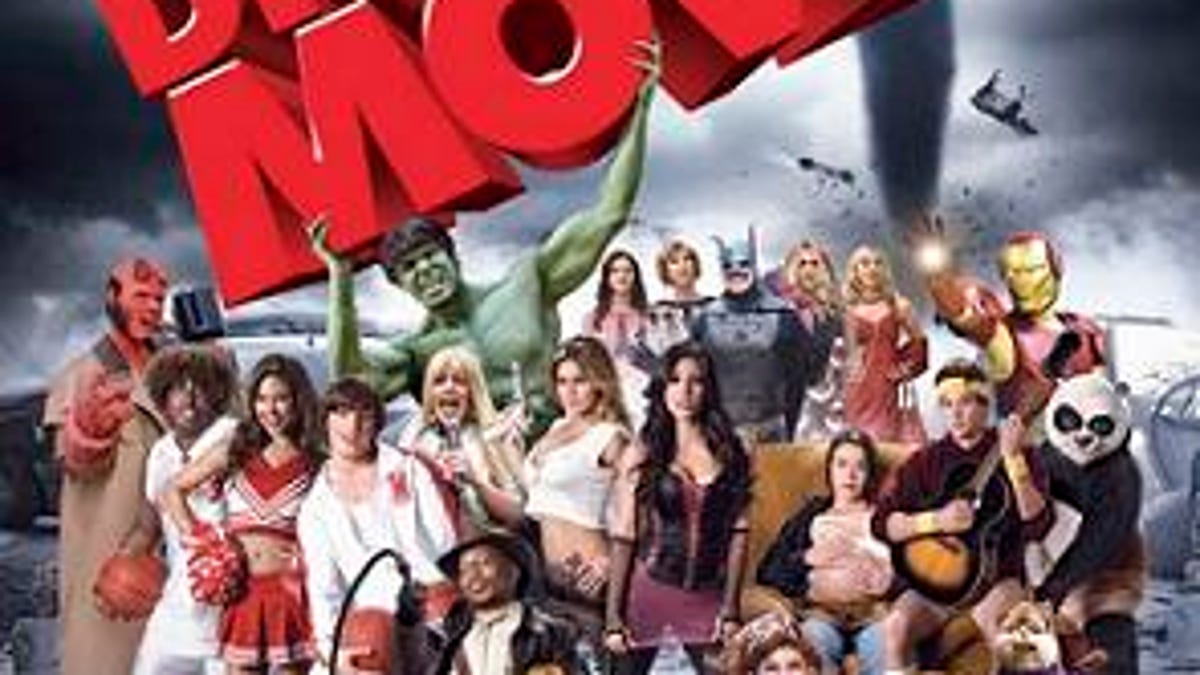O'Reilly: The Web is at war, and it's making me sad
In his keynote at the Web 2.0 Expo, Tim O'Reilly sets off the punditocracy by insisting that the "war of the Web" is heating up again. Did it ever cool off?

NEW YORK--Web pioneer and conference honcho Tim O'Reilly warned the audience at the Web 2.0 Expo here on Tuesday afternoon that he thinks "we're headed into another ugly time." Namely, everybody is just being really nasty to each other. And it makes his hippie soul hurt.
For example, Rupert "Dr. Evil" Murdoch keeps threatening to pull News Corp.'s pay wall-guarded content from Google, perhaps offering an exclusive deal to another search engine for one hundred billion dollars (give or take a few bucks).
Those ubiquitous URL-shortening toolbars are throwing Web addresses behind a cloak of invisibility, O'Reilly said, and they "don't let you navigate freely like the Web used to work." With Google's Chrome hurling itself into the mix, the browser and operating-system wars are starting to look less "Mean Girls" and more "Aliens vs. Predator."
But O'Reilly's attitude isn't "bring it on, and get me a large popcorn with extra butter, while you're at it." Rather, he hinted that at least in some cases, he's willing to embrace Google as a big, cuddly, benevolent dictator in the midst of it all. It's "a monopoly that's a service of value to users," he said, adding that generally, when Google makes a product with the primary goal of one-upping the competition--Knol vs. Wikipedia, Checkout vs. PayPal--it's not a success.
That's probably because, at least right now, among all the giant robots stomping about the series of tubes, Google is the one that most resembles O'Reilly's vision of the "open Web." In a blog post prior to his speech, he predicted that Microsoft could take over this role. Or not. Either way, he insisted that "it's time for developers to take a stand."
Setting off this kind of electric shock in the Web's punditocracy is a great way to drum up attention and newsworthiness that doesn't have anything to do with philosophizing about the recession, extolling the possibilities of the real-time streaming Web, or predicting which dot-com figurehead is going to be the most plastered at South by Southwest this year. Thank goodness! That stuff was getting so boring!
And O'Reilly's rallying cry has already gathered reactions. Barbarian Group executive Rick Webb, for one, posted a colorful retaliatory blog post, in which he said that "setting aside the 'boo hoo, the Internet is becoming a bunch of walled gardens' arguments, when rational people have conversations about how to make the Web actually usable and not 95 percent piracy, spam, and fraud, almost every discussion starts with the proposition that there is no other realistic option but to chuck the whole thing and start over."
Of course, the Web should be in a state of "war." When have things been any different? It's a hub of innovation, competition, and constant change, and I think we all knew that already. The barrier to entry is low enough so that if there's a glaring problem with something, users will flock to whoever can create a better alternative. In fact, O'Reilly brought that up on Tuesday, when he talked about expensive in-car GPS navigation systems.
"The turn-by-turn directions from TeleAtlas cost $99 [on the iPhone], but Google is giving it away for free. This is a natural kind of extension for Google. I don't think Google is being evil here by being disruptive," O'Reilly said. "That's a massive user win, even though it is incredibly damaging to some existing companies and some existing business models. When Google offers free speech recognition, [that would be] an amazing win."
Is that legitimate innovation? Yes. But let's hope the "win" doesn't stop there. If Google manages to throw a sucker punch to Apple, Microsoft, or whoever else by offering something once-pricey for free, I should hope that the rest of the industry makes sure that it doesn't grow too complacent.
So let's get this straight: monopolies are bad, unless they're "nice" ones on behalf of companies that extol the virtues of Razor scooters, wheatgrass smoothies, and lava lamps. Competition is great, as long as everybody's nice to each other.
Doesn't quite make sense to me. But, hey, it's his show.

